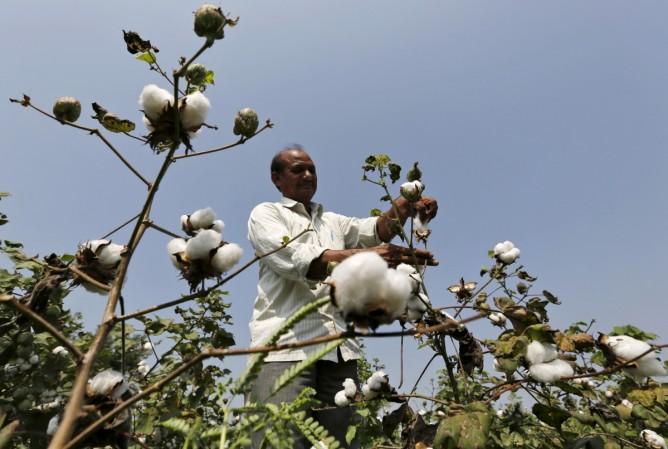
Monsanto scored a decisive legal victory over Indian seed companies on Tuesday, in a development that will change the future of biotech investment in the country.
The crucial Supreme Court verdict said Monsanto, which was acquired by German pharma major Bayer AG last year, can own patents on genetically-modified cotton seeds in India, setting aside a Delhi High Court verdict that said seeds, plants and animals can't be patented under Indian laws.
"The division bench order has been overruled. It essentially means that the patent is in force," a Bayer spokesman in India said, referring to the verdict of the two-judge bench of the Supreme Court, Bloomberg reported.
The case traces back to the suit filed by Nuziveedu Seeds Ltd. which has a license from Monsanto to sell seeds in India under a tariff structure. Nuziveedu had sought the cancellation of Monsanto's patent, while the US firm said the Indian company infringed on its patent.
In October, the Maharashtra agriculture department ordered around 90 firms to pay Rs 1,200 crore in fines and compensations to farmers for selling poor-quality bio-tech cotton seeds.
World's biggest producer of cotton
The introduction of lab altered seeds in India by Monsanto in 2003 changed the farming landscape in the county, which went on to become the world's biggest producer of the yarn in subsequent years.
But BT cotton seeds have been a matter of controversy for decades with farm lobbies saying BT cotton requires a huge amount of insecticides and pesticides to protect the crops.
"After Maharashtra's last season experience, it can be safely concluded that the claims of the BT technology are invalid. The technology has shown signs of failure with the insects developing resistance to it. It is now necessary to either upgrade technology or declare it a failure to safeguard millions of poor farmers," Agriculture expert and ex-Commissioner of Agriculture, Sunil Kendrekar told IANS.
In 2018 alone, around 1,100 cotton-growers committed suicide in Maharashtra. The report said more than 3,000 farmers had committed suicide in 2017.
Meanwhile, farmer lobby groups that advocate access to modern technology welcomed the verdict. "This is a very good move as most international companies have stopped releasing new technology in the Indian market due to the uncertainty over patent rule," Ajit Narde of the Shetkari Sanghatana, told the Economic Times.








